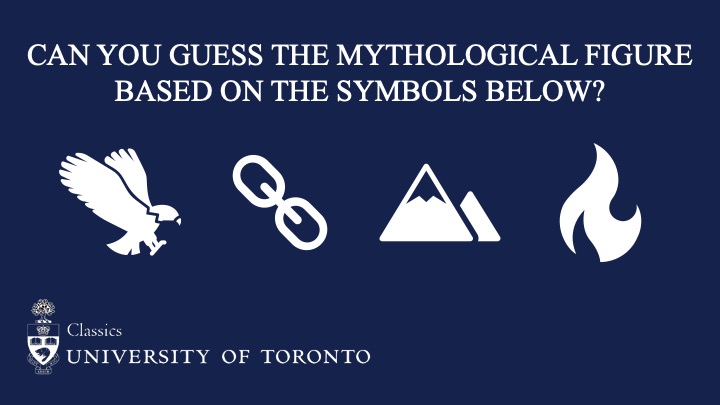On Friday, March 15th, the University of Toronto's Global Languages Initiative, a collaborative effort involving over 15 departments, programs, colleges, centers, and institutes aimed at broadening and enhancing the instruction of all languages— including ancient, indigenous, foreign, and familiar ones—hosted Language & Culture Day in the lobby of Sidney Smith Hall.
Along with some games and activities, department representatives brought some ancient cuisine for attendees to sample. Second-year undergraduate students Madeleine Andrasic, who studies Classical Languages and History and serves as Treasurer of CLASSU (the Department’s undergraduate student union), and Anna Hurnanen, who studies Classical Languages and Classical Civilization and serves as a Senator in CLASSU, prepared pemma and melitoutta for the event.
Madeleine explained pemma is a griddle-cake, the equivalent to an ancient pancake or BeaverTail. Very simple to make, the batter is fried then drizzled in honey and coated in sea salt. Also known as a sacrificial cake, pemma were commonly offered to Zeus, Demeter, and Athena. Melitoutta are little honey cakes, used in Greek tragedy, comedy, and myth as funerary cakes. They’ve appeared in stories such as Psyche’s descent into the Underworld, when she pacified Cerberus with a melitoutta. With a similar texture to scones, they are served with rosemary and honey drizzled on top.
Attendees were also challenged attendees to write their own names using the Greek alphabet and play “Name That Myth!” - a test to identify Ancient Greek mythological figures with only four symbols as hints. Try it yourself below.



